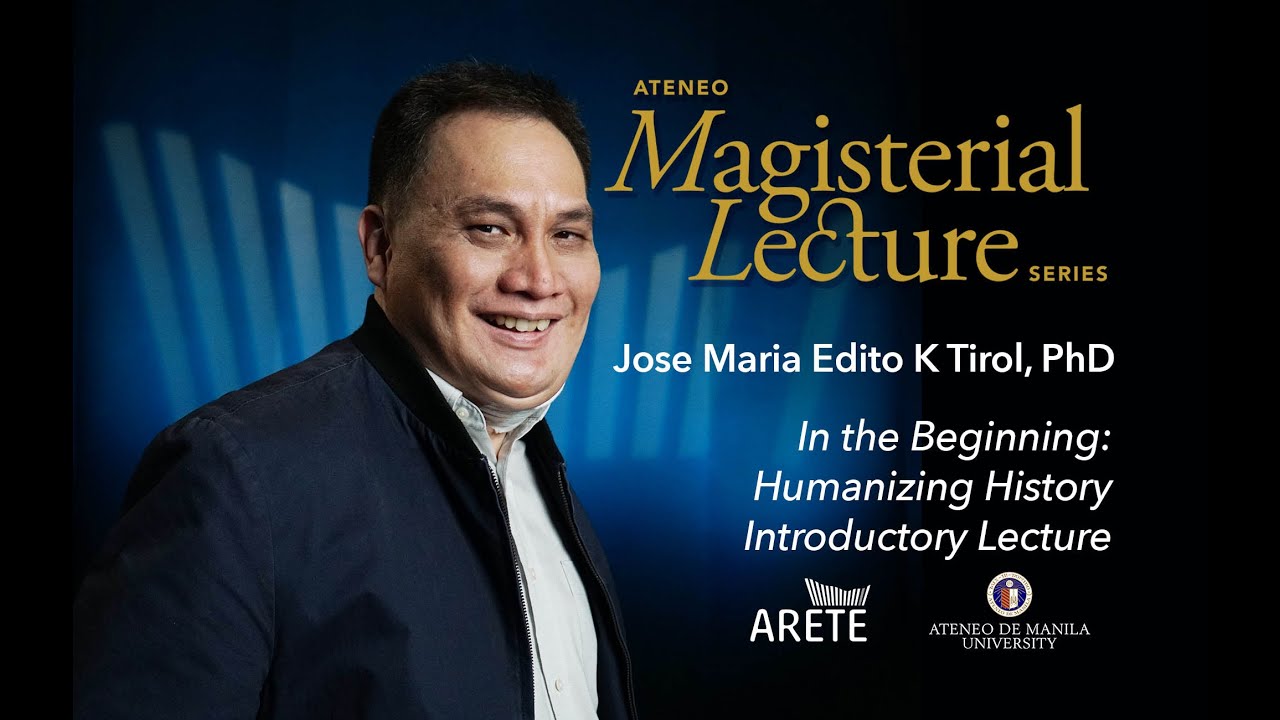Refletindo sobre a História
Summary
TLDRIn this introductory history lesson for first-year students, Professor Paulo engages students by emphasizing the importance of studying history to understand the present. He explains that history includes both tangible and intangible human creations, and explores the idea that history is a science based on interpretation. The lesson touches on topics such as culture, ancient civilizations, and the importance of research in historical discovery. The professor also introduces the concept of historical periods and the process of timekeeping, highlighting the relationship between religion, science, and society in shaping our understanding of history.
Takeaways
- 😀 History is an essential subject to understand the present world and human evolution.
- 😀 The teacher emphasizes that history is a scientific discipline that involves research and ongoing reinterpretation.
- 😀 Understanding history helps us recognize cultural, societal, and material productions created by humans over time.
- 😀 History is not about memorizing facts but understanding human experiences, cultures, and societal changes.
- 😀 The class will be based on Gilberto Cotrim's book provided by the publisher Saraiva, with additional research and discussion.
- 😀 The importance of historical sources, including written documents, artifacts, and oral traditions, is highlighted.
- 😀 Historians interpret these sources to construct narratives about the past, and their work is constantly evolving.
- 😀 The teacher points out that all societies have their unique cultures, influenced by various historical factors.
- 😀 The Brazilian culture is particularly rich, shaped by indigenous, African, and European influences over time.
- 😀 The teacher introduces key historical periods (prehistory, antiquity, the Middle Ages, Modern Age, and Contemporary History) and mentions that they will be explored in future lessons.
- 😀 The teacher encourages students to connect history with other subjects like biology and mathematics to better understand their world.
Q & A
Why does the teacher emphasize the importance of studying history?
-The teacher emphasizes that history is essential for understanding the present and the future. By studying history, we learn how human societies have evolved and how the actions and decisions of the past shape our current reality.
What role do historians play according to the script?
-Historians are responsible for interpreting historical sources, both material (such as artifacts) and immaterial (like oral traditions or written records). They gather information, make interpretations, and work toward establishing historical truths based on evidence and research.
What is the difference between material and immaterial culture as explained in the lesson?
-Material culture refers to physical objects and constructions created by humans, like buildings, tools, and art. In contrast, immaterial culture includes things that cannot be physically touched, such as stories, legends, dances, and beliefs.
How does the teacher describe the process of historical interpretation?
-The teacher describes historical interpretation as a process where historians examine different sources, make their own interpretations, and discuss these with others. Through continued research and debate, a clearer picture of historical truth emerges.
What example does the teacher provide to explain how history is always evolving?
-The teacher uses the example of the discovery of new artifacts or tombs, like those in Egypt. Every new discovery can change historians' understanding of the past, showing that history is never fully settled.
What are some of the challenges of studying history, as highlighted in the script?
-A major challenge in studying history is that there are often many interpretations of the same events, and new discoveries can continuously change our understanding. There is no absolute historical truth, only ongoing research and reinterpretations.
Why does the teacher mention the pandemic in relation to history?
-The teacher mentions the pandemic to emphasize that events happening today, such as the COVID-19 pandemic, will eventually become part of history. Understanding the past helps us reflect on contemporary events and how they will be remembered.
What does the teacher mean by 'memory' in the context of history?
-In the context of history, memory refers to everything we remember or forget about the past. Historians study this collective memory to understand how societies have perceived and recorded their history over time.
What is the significance of sources like paintings, coins, or writings in historical research?
-These sources are considered historical evidence that can provide insights into past cultures, practices, and events. Historians analyze these artifacts to interpret and reconstruct the history of societies.
How does the teacher explain the relationship between history and other subjects like science and mathematics?
-The teacher argues that history is interconnected with various other subjects, including science and mathematics. These disciplines help us understand how human knowledge and technology have evolved and how they contribute to shaping historical developments.
Outlines

This section is available to paid users only. Please upgrade to access this part.
Upgrade NowMindmap

This section is available to paid users only. Please upgrade to access this part.
Upgrade NowKeywords

This section is available to paid users only. Please upgrade to access this part.
Upgrade NowHighlights

This section is available to paid users only. Please upgrade to access this part.
Upgrade NowTranscripts

This section is available to paid users only. Please upgrade to access this part.
Upgrade NowBrowse More Related Video

In the Beginning: Humanizing History

5 THINGS TO KNOW BEFORE TAKING AP WORLD: #1 WHAT IS AP WORLD HISTORY MODERN?

1. Introdução ao Estudo da Química [Química Geral]

Correntes historiográficas - História - Ensino Médio

Understanding History: Meaning & Importance

PRINCÍPIOS DA GINÁSTICA | EDUCAÇÃO FÍSICA | 1ª Série
5.0 / 5 (0 votes)